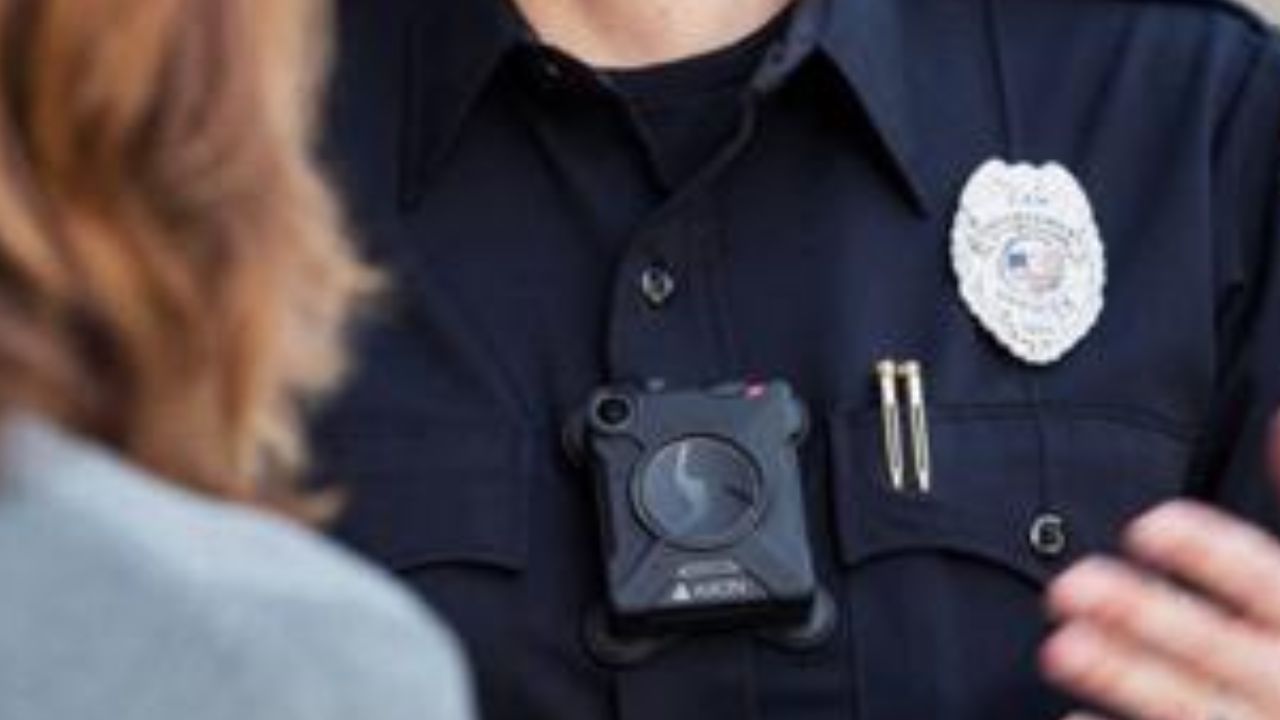Body-worn cameras (BWCs) raise several privacy issues, including the possibility of unwanted access, public surveillance, and unintentional recording of private information. These cameras may violate people's privacy by recording distressed people, intimate discussions, and private events.
To ensure accountability and openness in their day-to-day work, law enforcement officers now consider body cams to be indispensable instruments. When people are unaware that they are being recorded, problems with consent and notification may occur.
There is a chance that data will be used for purposes other than those intended in the first place, therefore maintaining and storing BWC footage as well as managing access to it are important areas of concern.
Data security, as well as possible bias and discrimination in decision-making, provide further challenges to privacy. To strike a balance between the protection of privacy and the advantages of transparency, policymakers and organizations must manage these issues.
How Have BWCs Been Used To Improve Training For Police Officers?
Body-worn cameras, or BWCs, have revolutionized police training by giving aspiring officers access to priceless real-world scenarios and useful insights. By watching BWC footage, trainees can get insight into how experienced officers respond to different circumstances, sharpen their judgment, and develop their crisis management abilities.
BWC recordings stress policy compliance and moral decision-making while providing an impartial foundation for performance evaluation. Personalized feedback and coaching may be provided by instructors with this technology, and learners can hone their responses to real-world occurrences through scenario-based training exercises.
Real-Life Scenarios:
By capturing genuine conversations and incidents on camera, BWC film enables trainees to examine real-life situations and gain insight from more experienced officers. Their comprehension of how to manage diverse circumstances is improved by this hands-on instruction.
Performance Evaluation:
BWCs offer a neutral foundation for assessing performance. By evaluating their behaviors and decisions, trainees can pinpoint areas for development and hone their abilities. BWC tapes show students how to defuse tense situations without using force by showcasing the efficient de-escalation tactics and communication strategies used by seasoned officers.
Policy Compliance:
BWCs assist in educating officers on the importance of following departmental guidelines. Through observation of policy application in real-world circumstances, trainees can comprehend the significance of compliance.
Crisis Management:
Officers can learn crisis management techniques by watching BWC material. This will enable them to examine important incidents, pinpoint crucial decision points, and rehearse efficient reactions to high-stress scenarios.
Ethical Decision-Making:
BWC recordings give students the chance to participate in conversations and activities centered around making ethical decisions. They can assess how officers manage difficult situations and moral quandaries on the job.
Review of crucial Incidents:
BWCs make it easier to analyze crucial incidents in-depth. Incorporating these lessons into their training, trainees can analyze these instances and determine what circumstances led to the success or failure.
Implications for Law and Policy:
BWCs assist in informing officers about the implications of their actions for law and policy. To prepare for future court cases, trainees can observe how evidence is acquired and recorded.
Feedback and Mentoring:
Using BWC footage, instructors can give trainees tailored feedback and mentoring that will help them advance their abilities and comprehend best practices in a variety of situations.
Scenario-Based Training:
BWC recordings are an invaluable resource for scenario-based training activities. They let students act out real-life situations and hone their communication and decision-making abilities.
Final Words
Body-worn cameras, or BWCs, are now considered indispensable training aids for police officers because they offer trainees practical insights, real-world experiences, and ethical decision-making lessons. By enhancing performance, crisis management abilities, and policy compliance, these records promote more efficient and responsible police.


